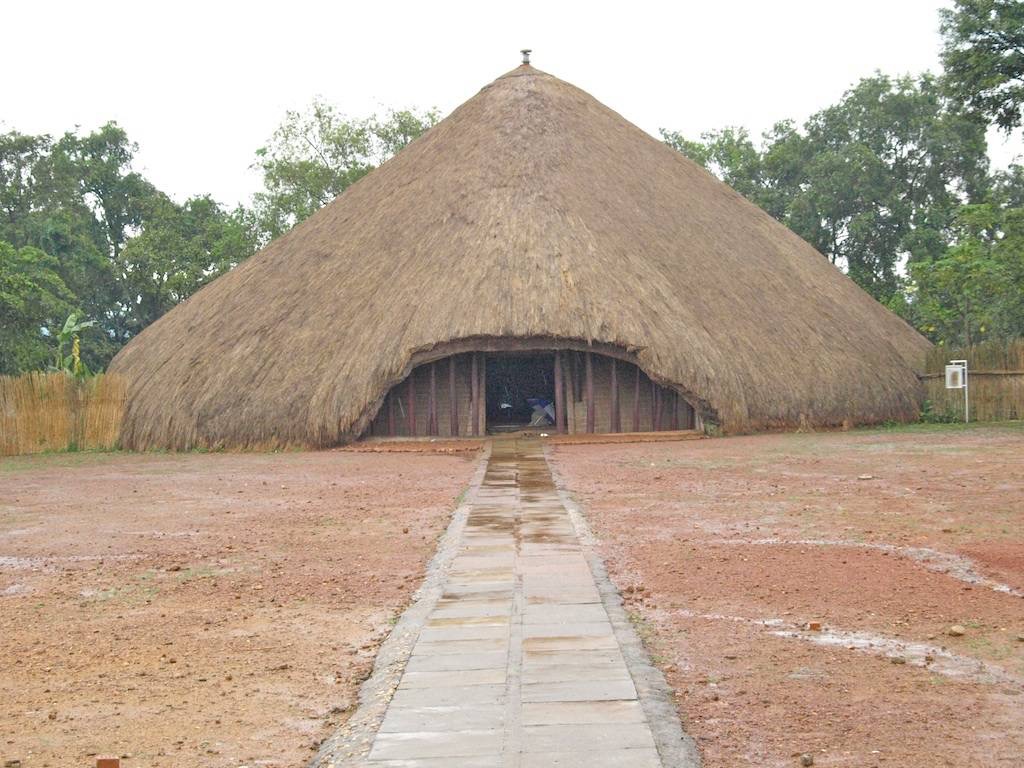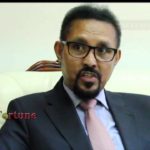Uganda has been elected to serve on the World Heritage Committee at the 21st General Assembly of the State Parties to the World Heritage Convention at the UNESCO Headquarters in Paris.
It is the first time Uganda will be serving as a member of the World Heritage Committee after the assembly of the 193 States Parties to the World Heritage Convention cast their votes in a hotly contested election that saw 12 new members elected on November 14.
The World Heritage Committee is responsible for the implementation of the World Heritage Convention, defines the use of the World Heritage Fund and allocates financial assistance upon requests from States Parties. It has the final say on whether a property is inscribed on the World Heritage List. It examines reports on the state of conservation of inscribed properties and asks States Parties to take action when properties are not being properly managed. It also decides on the inscription or deletion of properties on the List of World Heritage in danger.
There are three UNESCO World Heritage Sites in Uganda, two of them are National Parks, Bwindi Impenetrable Forest National Park and Rwenzori Mountains National Park, the other is a cultural site, Kasubi Tombs (Amasiro), which is presently under reconstruction following a 2013 fire.
The election of the members of the World Heritage Committee are conducted on the basis of the composition of the electoral groups of UNESCO, as determined by the UNESCO General Conference. The groups are composed as follows; Group I is made up of Western European and North American States, Group II comprises of Eastern European States, Group III has the Latin-American and Caribbean States, Group IV comprises of Asian and Pacific States, Group V(a) gathers the African States and Group V(b) for the Arab States.
During this assembly’s session, twelve (12) vacant seats were open for election with two (2) seats for Group I, one (1) seat for Group II, two (2) seats for Group III, two (2) seats for Group IV, zero (0) seats for Group V(a), and zero (0) seats for Group V(b). In addition to those allocated seats, 5 remaining seats were also to be filled through a ballot open to any candidate of any electoral group. Unsuccessful candidates in the ballots for the allocated seats are automatically eligible to stand for election in the ballot for the 5 remaining seats, unless they declare otherwise.
However critical to note, is that there were no vacant seats for group V(a) where Uganda belongs. Uganda therefore was competing for the 5 open seats for any candidate world over, which is more difficult than the electoral group seats.
Uganda went ahead to succeed in the elections in which the following were candidates for the electoral groups; Australia, Bahrain, Bosnia, Herzegovina, Brazil, China, Guatemala, Hungary, Kyrgyzstan, Norway, Saint Kitts and Nevis, and Spain.
The Uganda delegation led by John Chrysostom Miyingo, the Minister of State for Higher Education included the Ambassador of Uganda to France Dr. Richard Nduuhura and officials of the Uganda Embassy in Paris.







